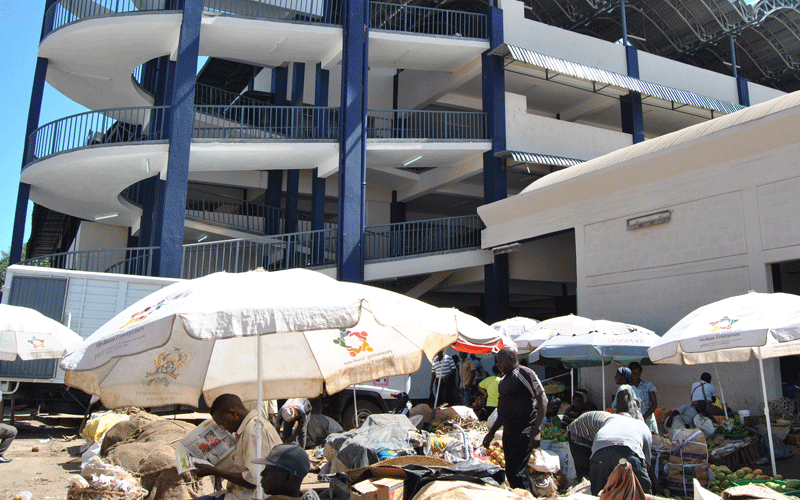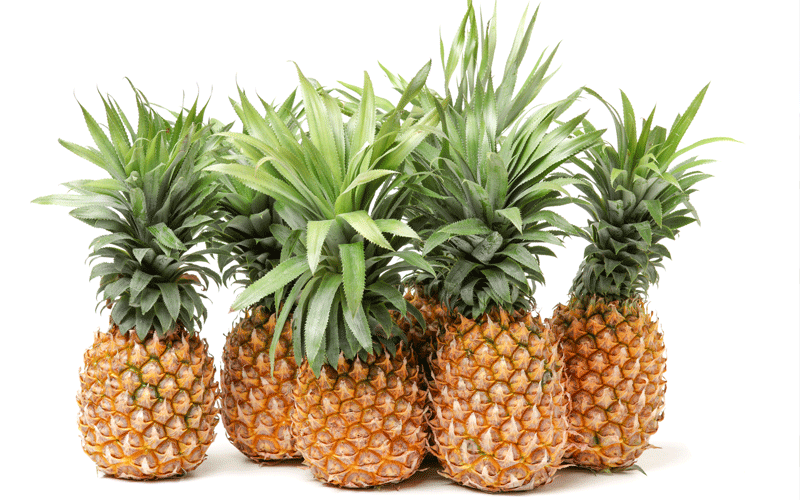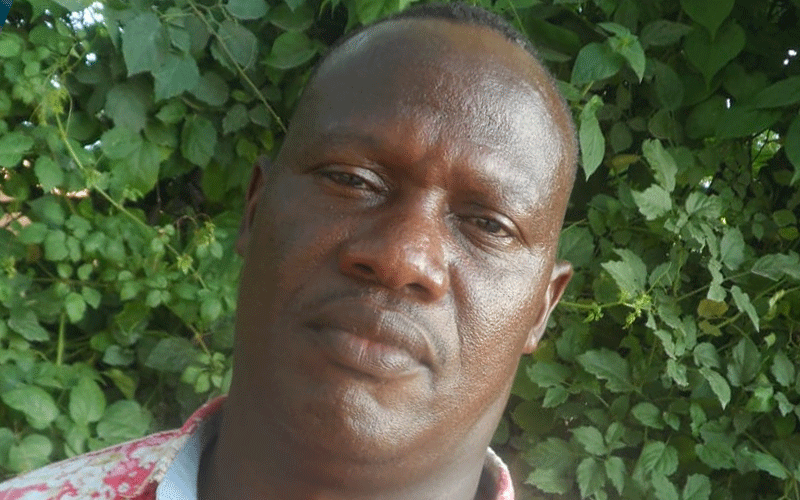Pineapple farming gains traction in Kilifi county

Pineapple farming is once again gaining popularity in Kilifi county, thanks to improved market conditions and fertile soils.
Some years back, the fruit was one of the main commercial crops in Kilifi, but farmers abandoned it due to low prices and exploitation by middlemen.
However, combined efforts by the government, farmers and traders in the county has recently seen pineapple-farming return to profitability.
Demand is being driven by the tourism sector and rising incomes in some areas of the Coast, bringing hope to hundreds in the agribusiness.
The profits from pineapples have attracted a mix of both indigenous and non-indigenous investors to the mostly virgin land to establish pineapple farms.
Land is easily available in sparsely populated areas of Kilifi, enabling farmers to grow the crop with little or no fertiliser or pesticides.
As a result, large pineapple farms, characterised by mechanised farming, are emerging in the otherwise sleepy hinterlands of the county.
Geoffrey Koros from Bomet county, first came to Chamari village to work for an international humanitarian organisation.
He aquired 11 acres in 2014 at about Sh5,000 each, but lacked the money to grow anything. In 2016, he used his savings to cultivate five acres at a Sh75,000, earning him Sh80,000. 
Kongowea market in Mombasa offers a market for Kilifi’s fruit farmers.
Photo/PD/Ndegwa Gathungu
Later that year, Koros, now 34,quit work to concentrate on pineapple gowing after he realised it was a worthwhile venture.
The former public health officer now has 18 acres under rain-fed pineapple out of the 60 acres he has accumulated over time.
The farmer sells his produce in Malindi and Mombasa open markets. During the 2017/2018 period, Koros says he earned about Sh800,000.
This consisted of about Sh80,000 in December 2017, Sh700,000 during the March/April main harvest and Sh30,000 selling suckers to farmers.
Main challenges
Koros considers marketing his biggest challenge. At times of glut, fruits rot in the farms due to lack of market. Other challenges include mealy bugs and petty theft. “Thieves are a serious problem here.
This year they have stolen 4,000 suckers worth Sh20,000 from me. They struck twice in a row,” says Koros.
Pineapple growing is not as labour-intensive as crops such as tea or coffee. Maintenance involves weeding, cutting off old leaves and spraying with herbicides occasionally to control mealy bugs. He pays farm workers about Sh2,000 per acre to weed.
Koros now plans to earn more from the pineapple value chain by setting up a Sh5 million processing factory for production of juice and dried pineapples.
“Unless we start adding value to our farm produce, we will never create real wealth.
This venture has given me a sense of direction. Have a vision, build on it. Be disciplined,” says Koros.
He says one requires four to five acres for a commercially viable pineapple-farming venture. “After planting, you can only break even in the second harvest,” he cautions.
Julius Bashora Wario, 49, has been growing pineapples in Chamari, Magarini since 1997, starting with only one acre.
The Class Six drop out now has 10 acres under pineapple, harvesting 9,000 to 10,000 pieces per acre, which he sells at about Sh45.
Looking back, Wario is thankful to his in-laws who leased him the first piece of land and a friend who gave him Sh7,000 suckers, which served as his launch pad into pineapple growing. 
And just like Koros, he sells his produce in Malindi and Mombasa markets. To make work easier, he sells his produce at wholesale price.
“The market depends on tourism dynamics. During the tourism high season, our fruits move faster.
Pineapple-farming meets your family needs and and here it is affordable,” says Wario.
From the venture, Wario has bought a canter truck, built a five bedroomed house and educated five of his 15 children to Form Four level.
“The profit is in sucker propagation; one acre gives you another acre of suckers. Over time, it’s well paying,” he adds.
County government
He advises new entrants to start small. “If you plan to do 20 acres, start with five, even when you have the resources to do 20 acres. It will give you the experience you need,” he says. 
Additionally, be careful with middlemen. A dishonest trader can impoverish both the retailer and the farmer. “Having been a broker myself, I have seen people quit farming because of brokers,” cautions Wario.
To promote fruit processing, Kilifi county government in 2016 signed a Sh2.5 billion agreement with Jiangxi Jianglian International Engineering Company and Kenya Agribusiness and Agroindustry Alliance Ltd to establish an agro food park in the area targeting to benefit over 20,000 farmers.
In 2018, the county signed another agreement with Turnkey Fruit Farming, an Israeli company, to establish a 250,000-acre fruit-farming project at Bamba, Ganze over the next 30 years.



